AI Talks Thinks Latin-ish
Dr. Allen J. Romano
Reading Ancient Minds
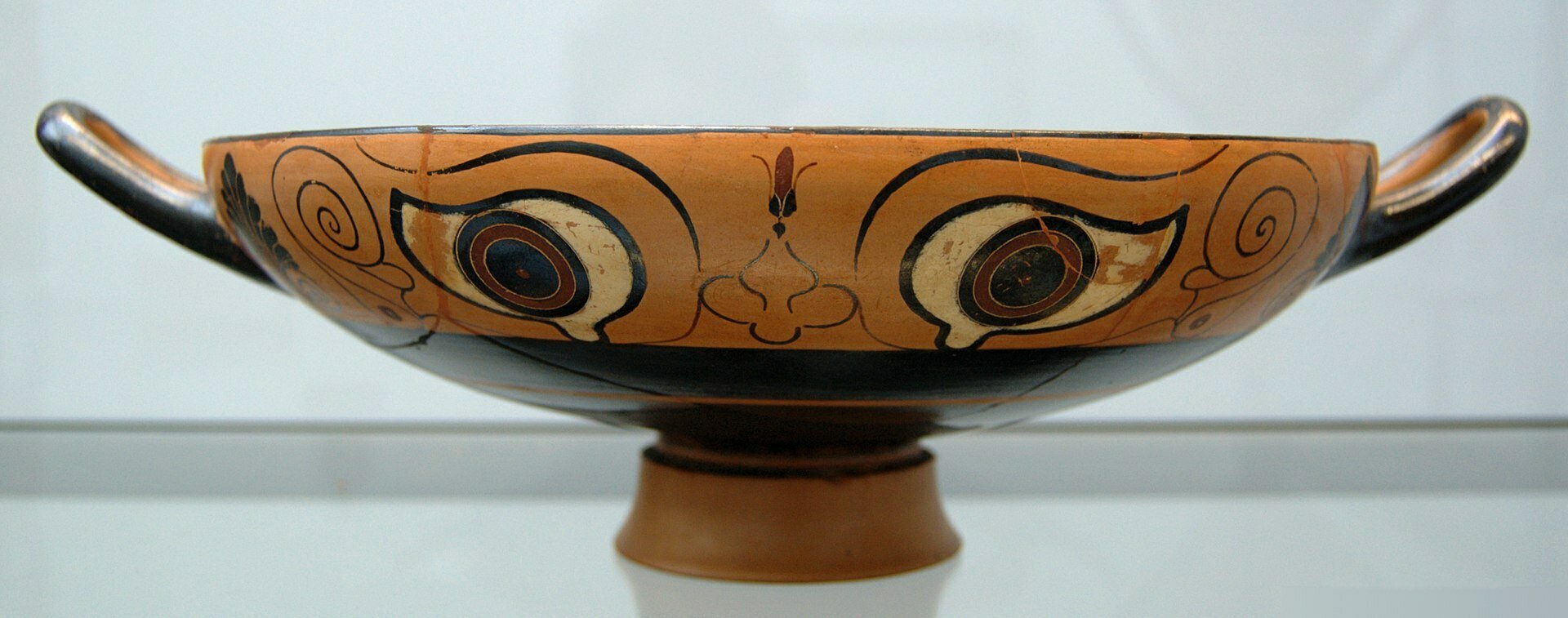

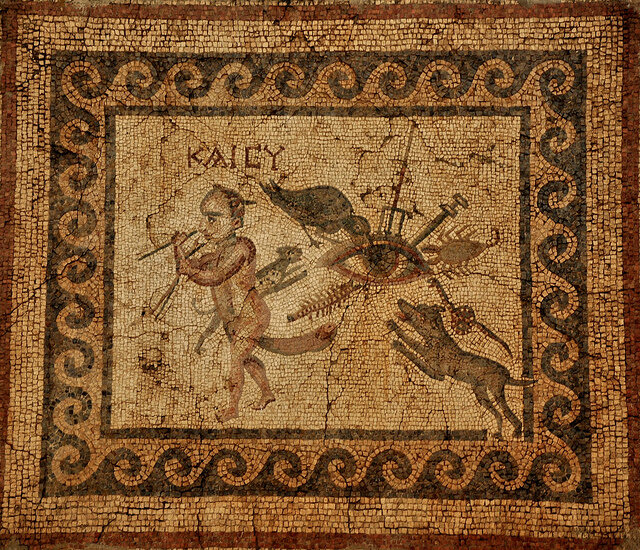


How We Know the Ancient World
Texts
1.
Stuff
2.
Imagination
3.
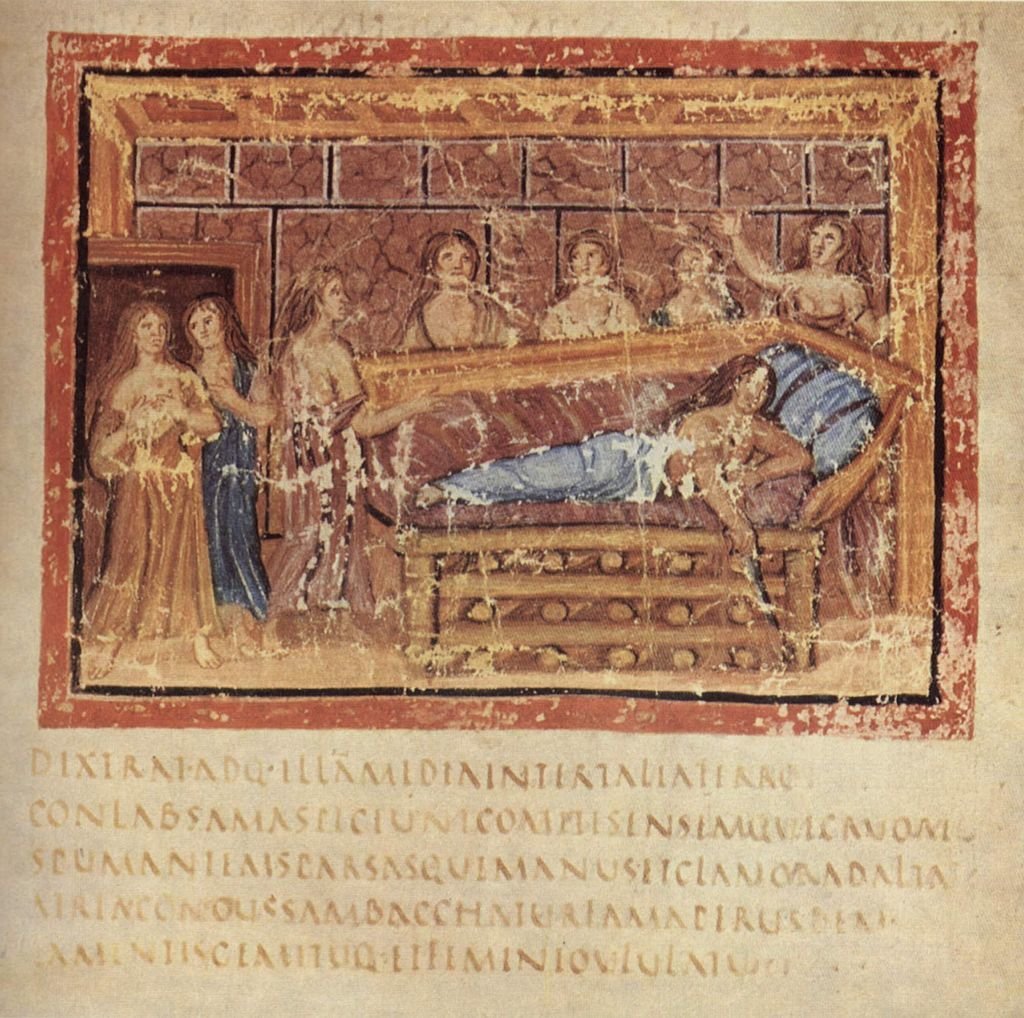

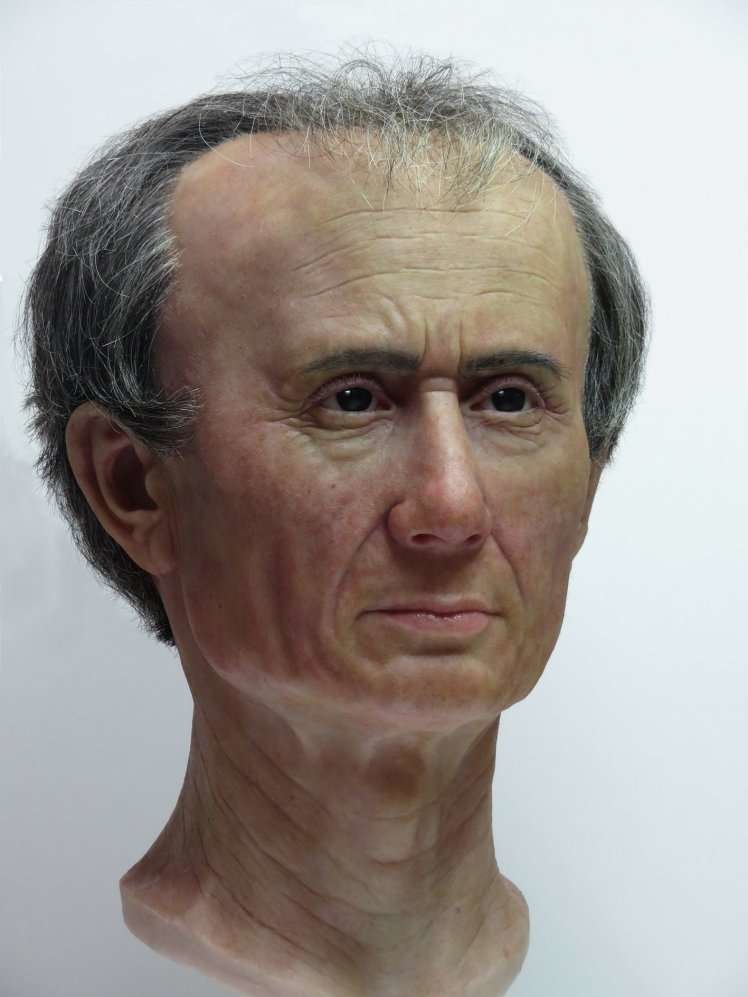
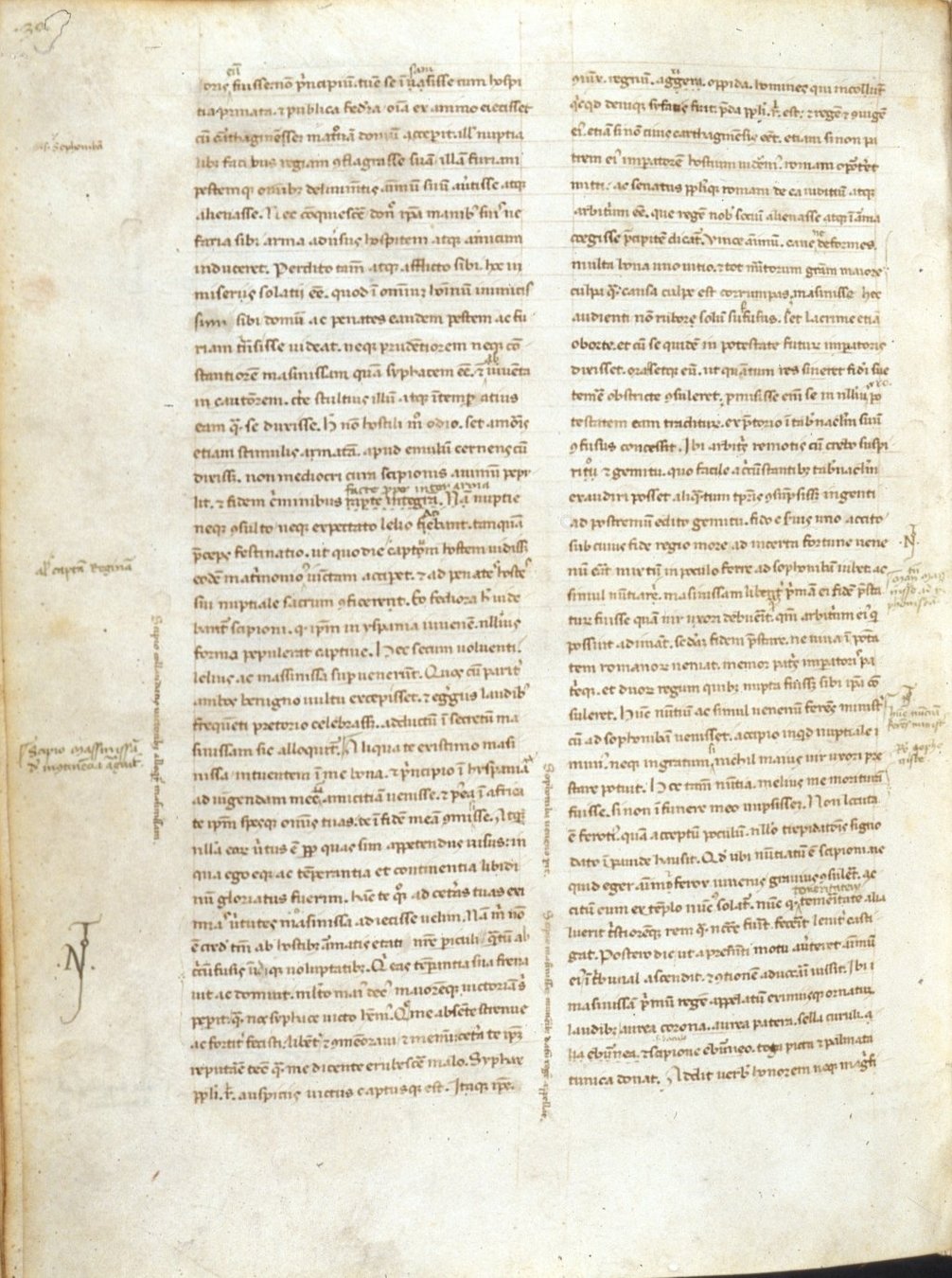
Livy, as copied by Petrarch
"love" (philos) + word ("logos")
Philology

Language as Reality
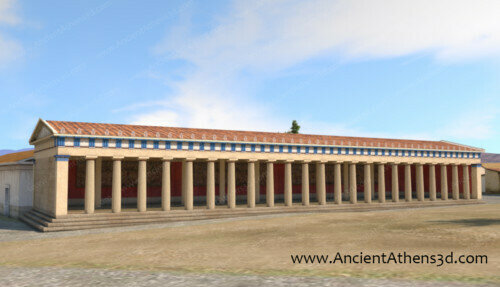
Stoicism (~300 BCE onwards) --> Stoa Poikile ("Painted Stoa")


Marcus Aurelius (121-180 CE)
Cicero (106-43 BCE)
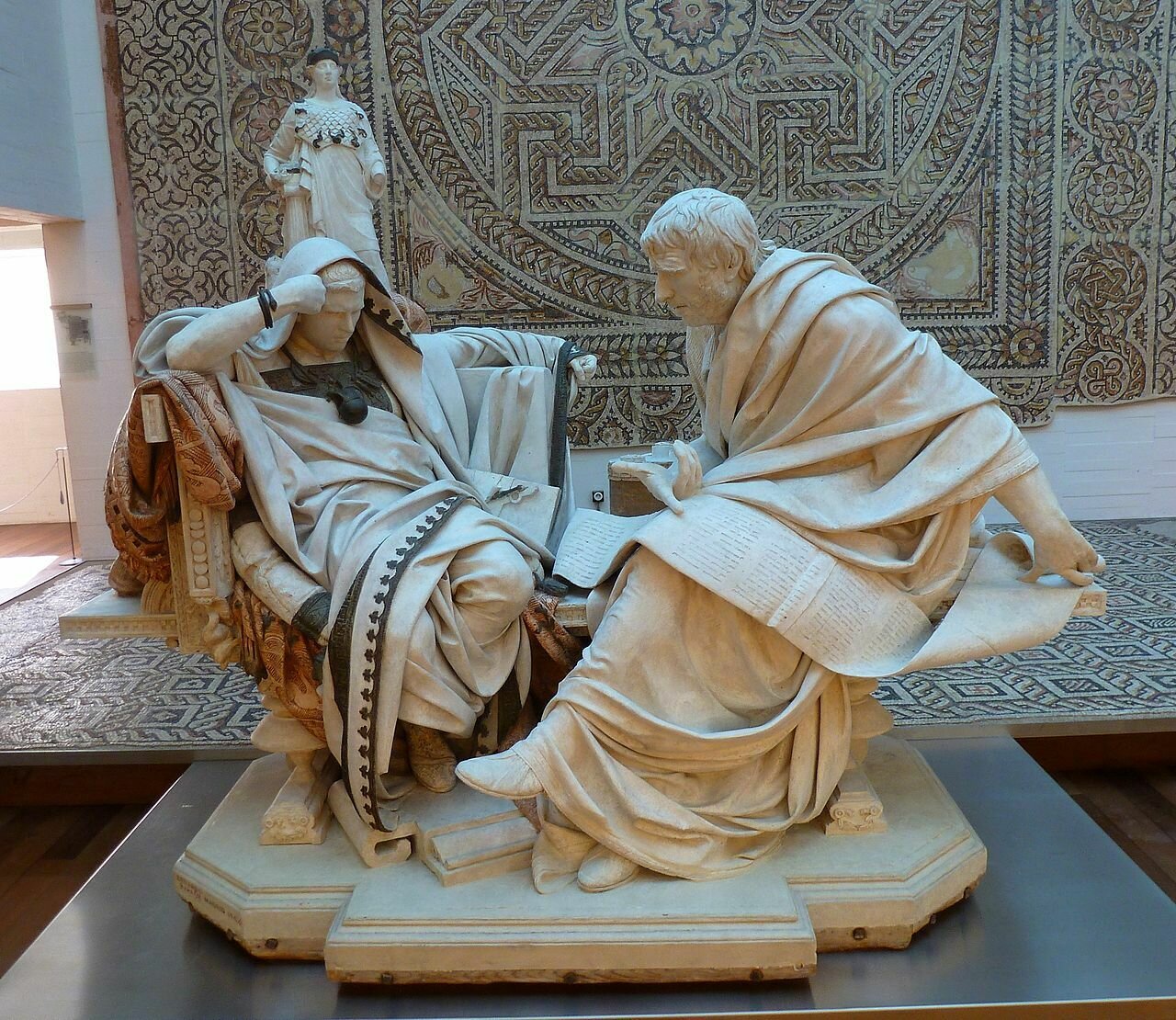
Seneca (4 BCE - 65 CE), tutor to Nero

Stoics LOOOOVE etymology
theos (god) = runner --> divine flows through all
logos (reason) = gatherer --> orders/collects reality
LATIN (from Varro)
terra = terere (wear) --> earth is worn down
homo = humus (soil) --> humans come from earth
caelum = caelare (carve) --> sky is carved/decorated
For Stoics: Words don't just describe reality. They ARE reality.

John 1:1
Ἐν ἀρχῇ ἦν ὁ λόγος, En archē ēn ho logos, In (the) beginning was the Word,
καὶ ὁ λόγος ἦν πρὸς τὸν θεόν,
kai ho logos ēn pros ton theon,
and the Word was with God,
καὶ θεὸς ἦν ὁ λόγος.
kai theos ēn ho logos.
and God was the Word.
οὗτος ἦν ἐν ἀρχῇ πρὸς τὸν θεόν. houtos ēn en archē pros ton theon. This one was in (the) beginning with God.

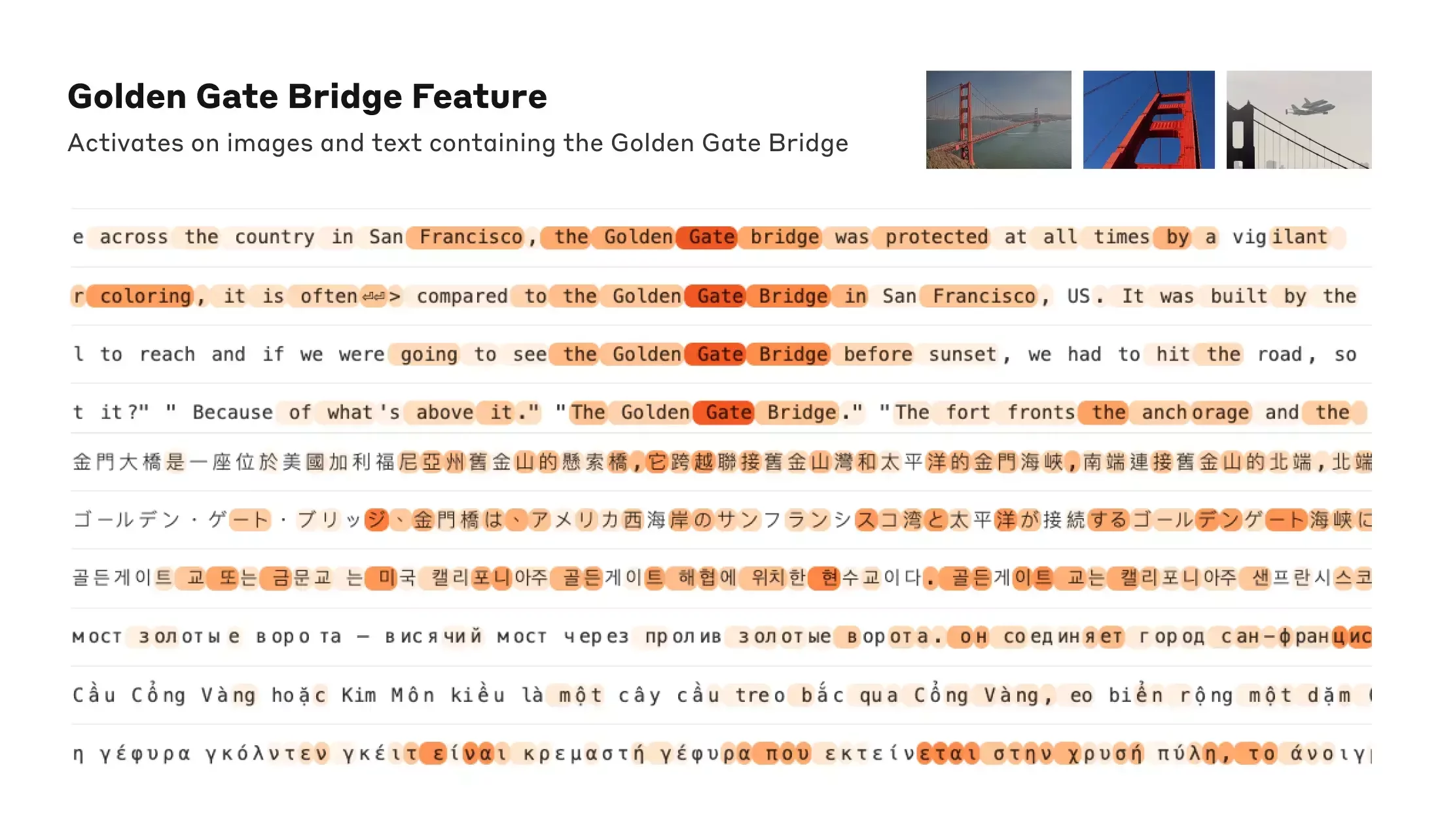
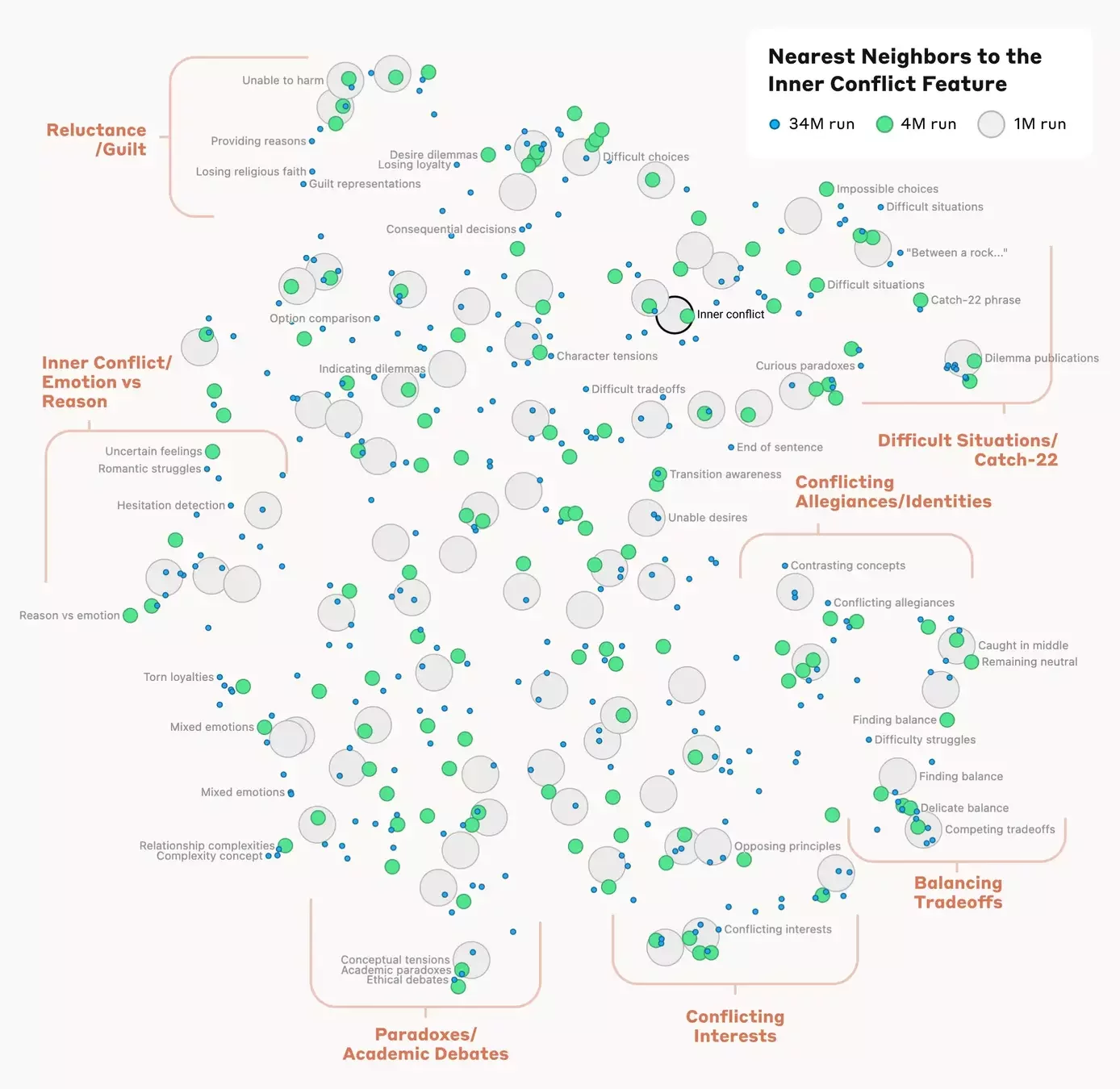
Does "AI" know Latin?
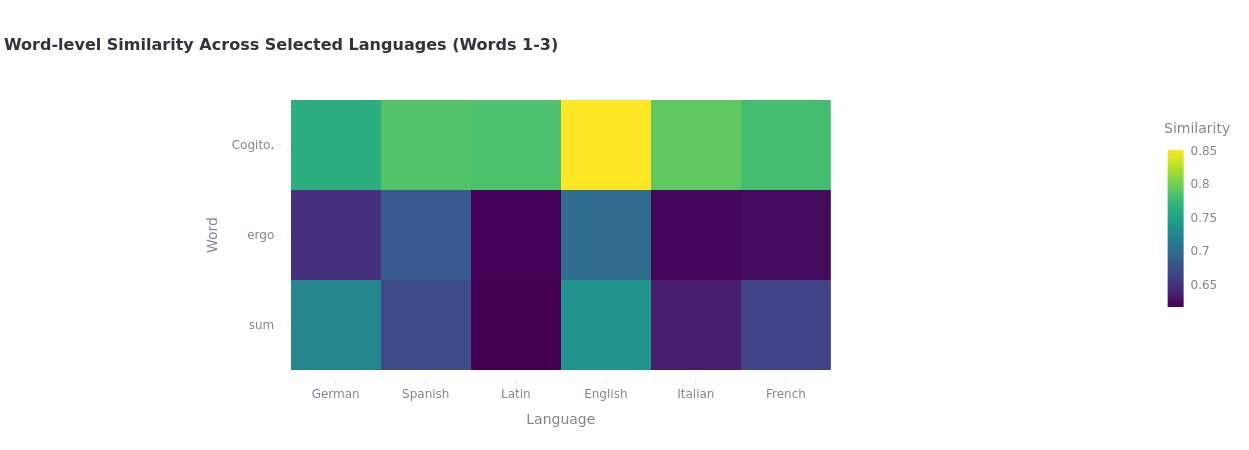
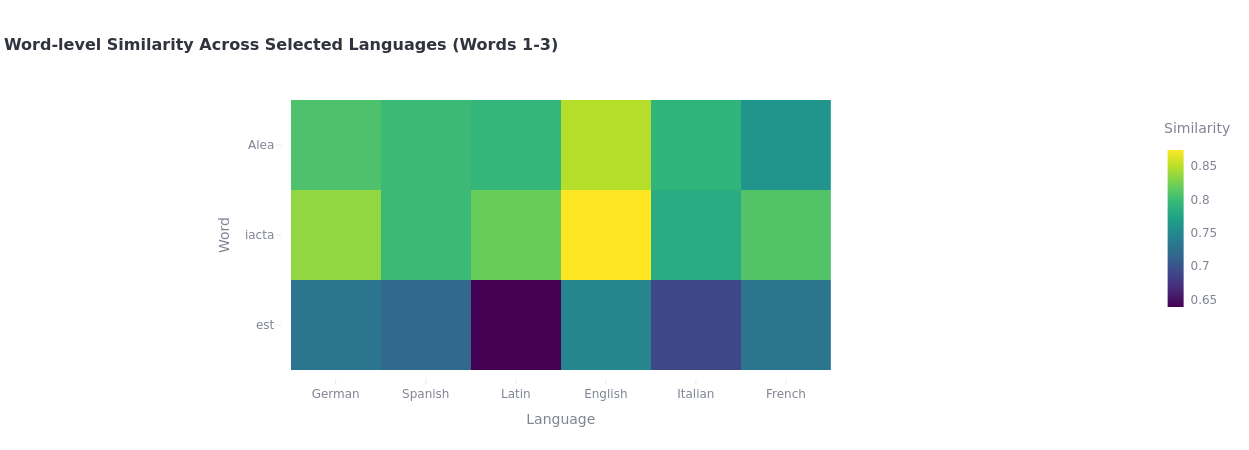
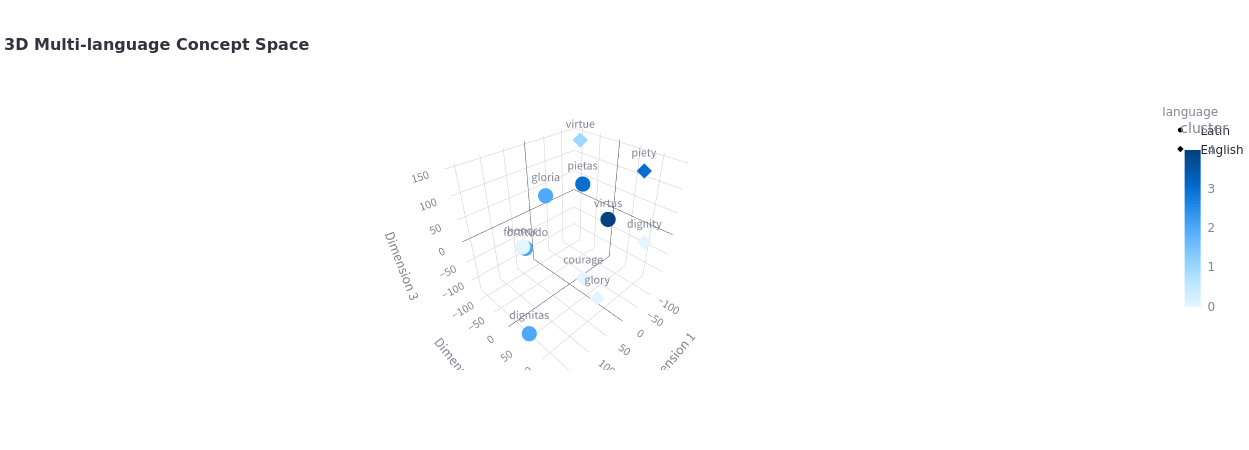
Thinking in Latin-ish



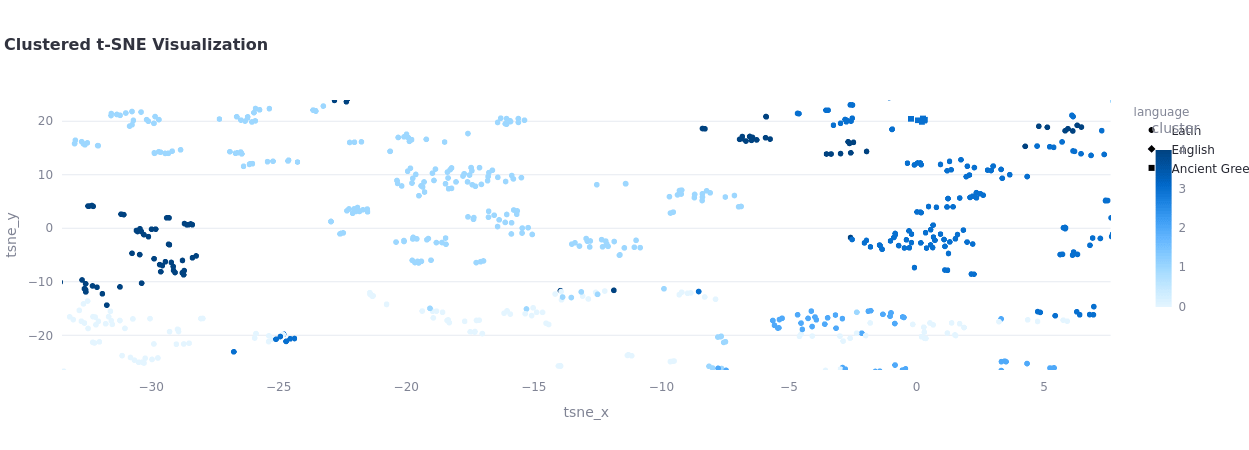
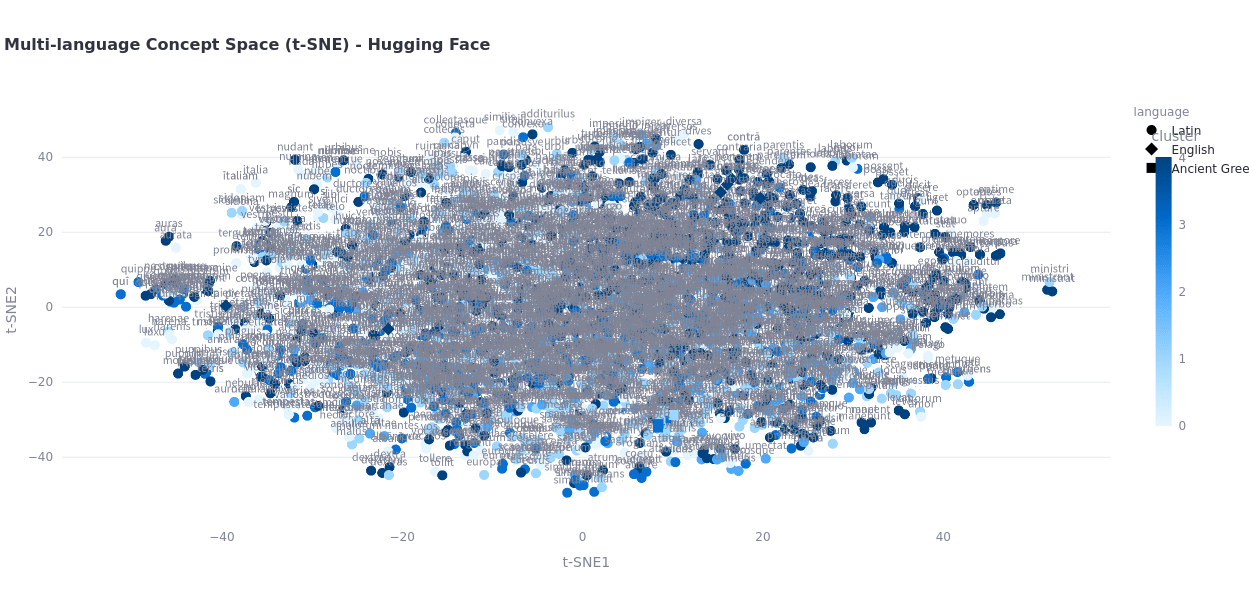
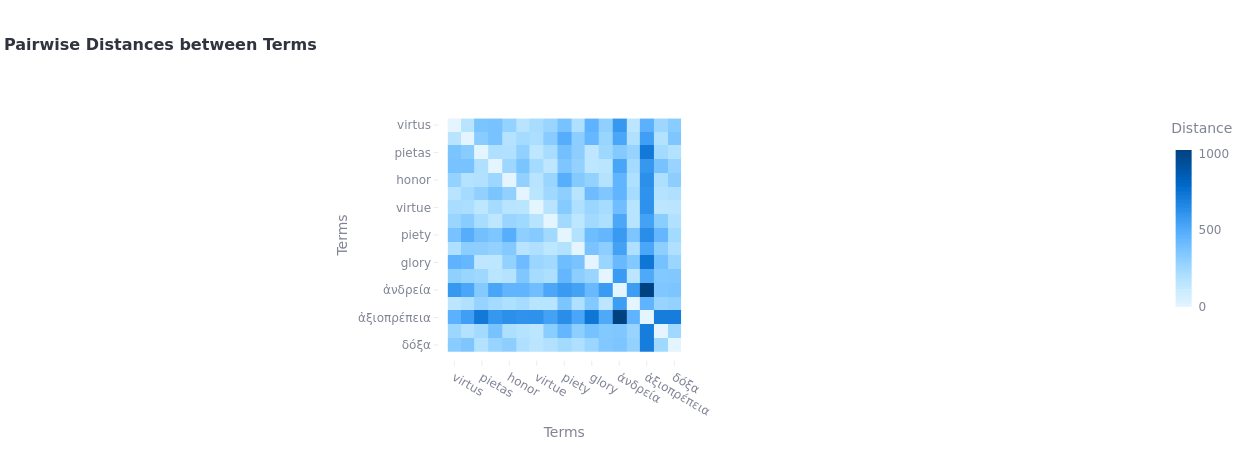
Experimentation
aka ChatGPT, Claude, et al. as your Experimental Humanities Lab
- Ask the "AI" to translate back and forth. Where does the conversation go? (Concept drift)
- Play as a Roman: What changed?
- Generate Stoic-style etymologies.